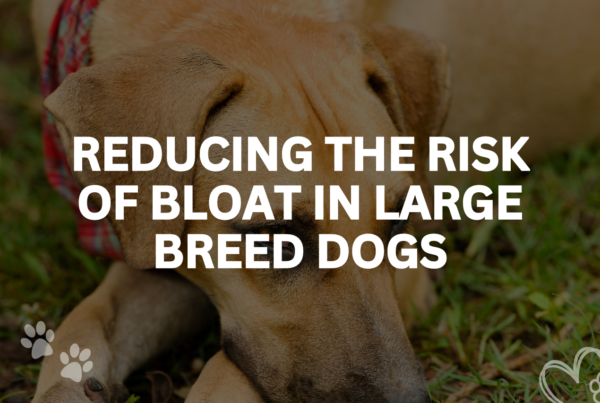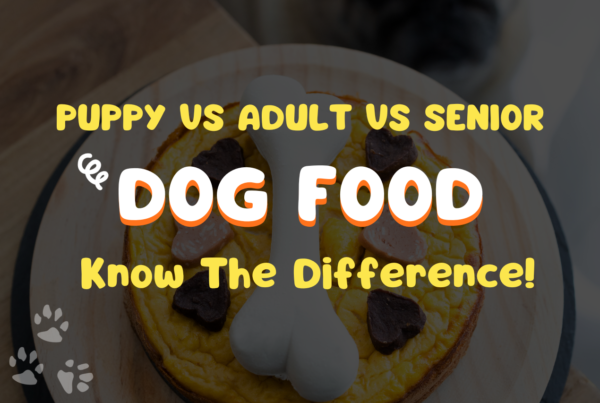
Any food you offer your dog, especially if it is something you are eating personally, will be devoured by the canine. When the food includes grapes, this is a particularly awful idea. Dogs are poisonous to grapes and all goods manufactured from grapes. Grape juice and trail mix including raisins can cause your dog to become intoxicated. Sadly, even organic, pesticide-free, and homegrown grapes can be harmful.
Why Are Grapes Bad For Dogs?
The primary issue with these fruits is that when a dog consumes grapes or other fruits from the grape family, it can cause serious damage to his kidneys. Essentially, the processes that filter and eliminate the toxins from the body are destroyed when raisins and grapes are taken. The outcomes can range from mild nausea to certain death.
What Are The Symptoms Of Grape Or Raisin Toxicity?
Grape and raisin poisoning can cause vomiting, which is the most common early symptom. This is usually evident within 24 hours of consumption. Within the next 12-24 hours, you may also notice a lack of appetite, tiredness, and maybe diarrhea. It is not until 24-48 hours after intake that more severe indications are noticed; this is frequently after acute kidney damage has already occurred.
Nausea, vomiting, diarrhea; uremic (ammonia stink) breath, stomach pain; excessive urination; and excessive thirst are all symptoms of acute kidney failure. Eventually, the kidneys will cease to work and it will not be able to excrete pee. This is usually followed by a significant rise in the dog’s heart rate and blood pressure. The dog may lapse into a coma as a result of an accumulation of substances in the body that the kidneys are normally responsible for eliminating through urine.
How Much is Too Much?
Scientists have discovered that the toxicity of grapes and raisins is a result of a dose-dependent response.In other words, while larger dogs may not be significantly or immediately harmed by ingesting little amounts of grapes or raisins, smaller dogs may suffer serious consequences from even a single raisin that appears to be harmless.
Small and large dogs of all breeds can suffer from kidney disease, which can progress to kidney failure in severe cases. Regular eating and drinking habits are among the most common indications of this condition: Dogs suffering from this condition frequently experience decreased appetites and excessive drinking.
What Types Of Grapes Are Toxic To Dogs?
There have been cases of canine poisoning caused by the consumption of seedless or seeded grape types, commercial or homemade fruit, red or green fruit/raisins, organic or non-organic, and winery grape pressings.
There are many foods that contain raisins, grapes, and currants (such raisin bran cereal, trail mix, granola mix, and baked products) that can be dangerous. Wine, juice, and jellies made from grapes do not appear to pose a toxicity risk.
What If Your Dog Eats A Grape Or Raisin?
If your dog has consumed grapes, it is imperative that you seek medical attention immediately. In order to avoid further complications, consult your veterinarian, who may recommend that you induce vomiting as quickly as possible.
Unless your dog is having problems breathing, showing indications of distress, is unconscious, or you are unsure of what he has eaten, you should refrain from inducing vomiting.
How Is This Poisoning Treated?
The treatment’s purpose is to prevent or reduce renal injury by blocking toxin absorption.Decontaminating the dog as soon as possible by producing vomiting and delivering activated charcoal is the most effective treatment. Toxin absorption from the stomach and intestines is reduced as a result of this action.
Because raisins and grapes remain in the stomach for a lengthy period of time, producing vomiting is quite crucial. Treatment may continue after decontamination, including intensive intravenous fluids in an attempt to protect the kidneys from further harm. Drugs for nausea and vomiting, blood pressure control, and kidney function maintenance may also be given.
It’s best if dogs are kept on intravenous fluids for at least 48 hours after ingesting something harmful. Depending on the severity of the illness, affected animals may require hospitalization for many days.
To gauge the dog’s reaction to treatment and determine if more severe measures are needed, your veterinarian will perform daily checks on the kidney function levels. Blood tests may also be done a few days after the patient returns to their home. This is to ensure that there hasn’t been an increase in renal function.
Protecting Your Pet’s Health
As long as you take the proper precautions, you can ensure that your dog’s health is protected against grape poisoning. And if he ingests grapes, raisins, or currants, make sure you have your veterinarian’s contact information on hand so that you can treat your dog as soon as possible.






